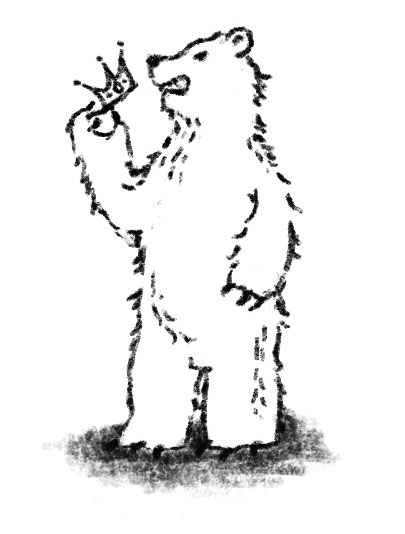It began innocently enough, a fun evening with my new Belgian colleagues at the local Irish pub for drinks and trivia. It ended with me standing bare-assed in front of them, exposed as the literary historian who didn’t know his Bard. “O, I have lost my reputation!” I lamented quietly in the grey night, like some Flemish Cassio.
A Canadian by birth, I had started a few months earlier at Ghent University, having spent the prior fifteen years bouncing around: first teaching English in Prague, then doing my PhD in California, before taking up post-docs in Montreal and Vancouver. While I was at UBC, my friend Martin sent me the job posting. He lived in London, a quick train ride from Belgium (at least in those halcyon days before Brexit), meaning we would be able to see each other more often, something that had happened rarely since we had lived together as students in Toronto.
At the pub that night, we separated into teams for the quiz, which puttered along pleasantly enough, until la petite catastrophe struck. By training, I am an expert in eighteenth-century British literature, but I had been hired under the impossibly broad designation of “English literature before 1800.” I was, in short, Professor Old Books.
Granted, I wasn’t entirely out of my depth. As a doctoral student, I had endured field exams covering the history of English literature and had spent years taking graduate courses in medieval and early modern literature. I had also taught widely — so widely, in fact, I was never assigned a specifically eighteenth-century course until I worked at McGill. Nonetheless, the question came as an unwelcome surprise: “In which of Shakespeare’s plays does the stage direction ‘Exit, pursued by a bear’ appear?”

Nicole Iu
“Zounds!” Philip the Bastard declares in King John. “I was never so bethump’d with words.” In my own defence, I never claimed to have memorized Shakespeare’s corpus, and no professor has read everything, even if we are sometimes good at faking it. Moreover, I detest trivia: the rote marshalling of facts, a practice antithetical to a profession built around the close reading of textual evidence to understand what a work of literature might mean. But, in a quiet panic, I scanned my brain-bound concordance of the plays, hunting for ursine references. Macbeth fights “bear-like.” Helena, in A Midsummer Night’s Dream, laments that she is “as ugly as a bear.” I don’t remember what I guessed, but guess I did, and guessed I wrong. Indeed, as good and worthy Macduff might have declaimed, “Confusion now hath made his masterpiece.”
The stage direction, as it turns out, comes from The Winter’s Tale, a play I had never studied or read or seen in performance. I was hardly alone. The work we know today, probably one of the playwright’s last, from 1610 or 1611, is among those found only in the First Folio, a posthumous collection from 1623. And it’s a queer creation, one that, with its surrealism and bold emotional landscape of jealousy, grief, love, and joy, has found a steady spot in the repertoire only in recent years. In the opening act, virtuous Queen Hermione is wrongly accused of infidelity by her husband, Leontes, and dies of grief. In a phantasmagoric final scene, Hermione is presented as a statue, which miraculously comes to life.
And that bear onstage? That’s another curiosity. According to David Wiles, in 1610 the Duke of Savoy gave King James two young polar bears, later used to draw the Prince of Wales’s chariot in a performance of Ben Jonson’s Oberon. (Other scholars say the cubs were a gift from Muscovy Company explorers.) Wiles conjectures that one of those bears also found its way onto Shakespeare’s stage: a brute, physical embodiment of winter’s cruelty, whose own exit heralded the final scene of springtime regeneration.
I finally read the play a few years later, but “read” is the wrong term. I was taught it by another friend, Seth, an early modernist from New York, whom I had invited to Ghent as a guest lecturer, nominally for my students but more selfishly for my own benefit.
At times, professing old books can be a lonely profession. Having slightly less old friends scattered across the world whom you see once in a blue moon is one of its small joys. And there was no better choice for me or my students than good and worthy Seth to explain why this odd play, almost wholly shorn of stage directions in that first printing from 400 years ago, might have retained that strangest of bears onstage.
Andrew Benjamin Bricker teaches literary studies at Ghent University. He wrote Libel and Lampoon: Satire in the Courts, 1670–1792.

